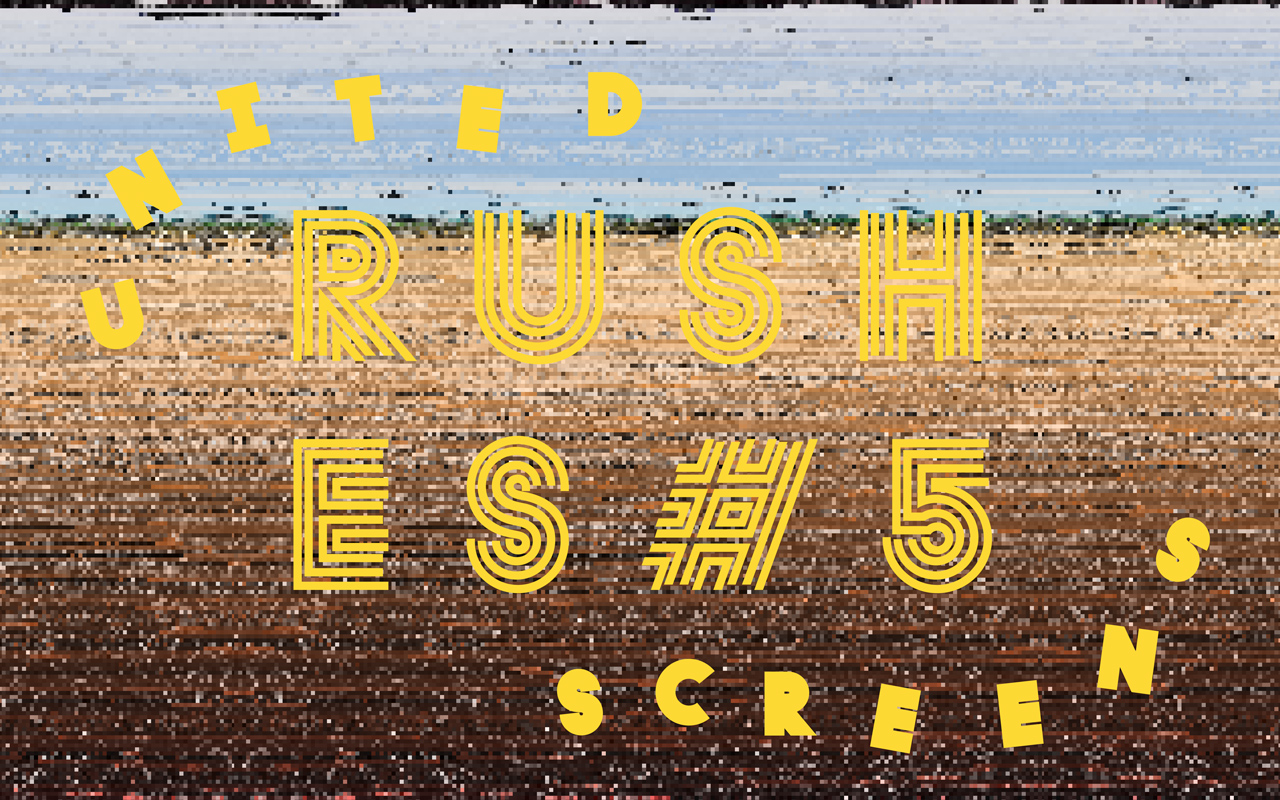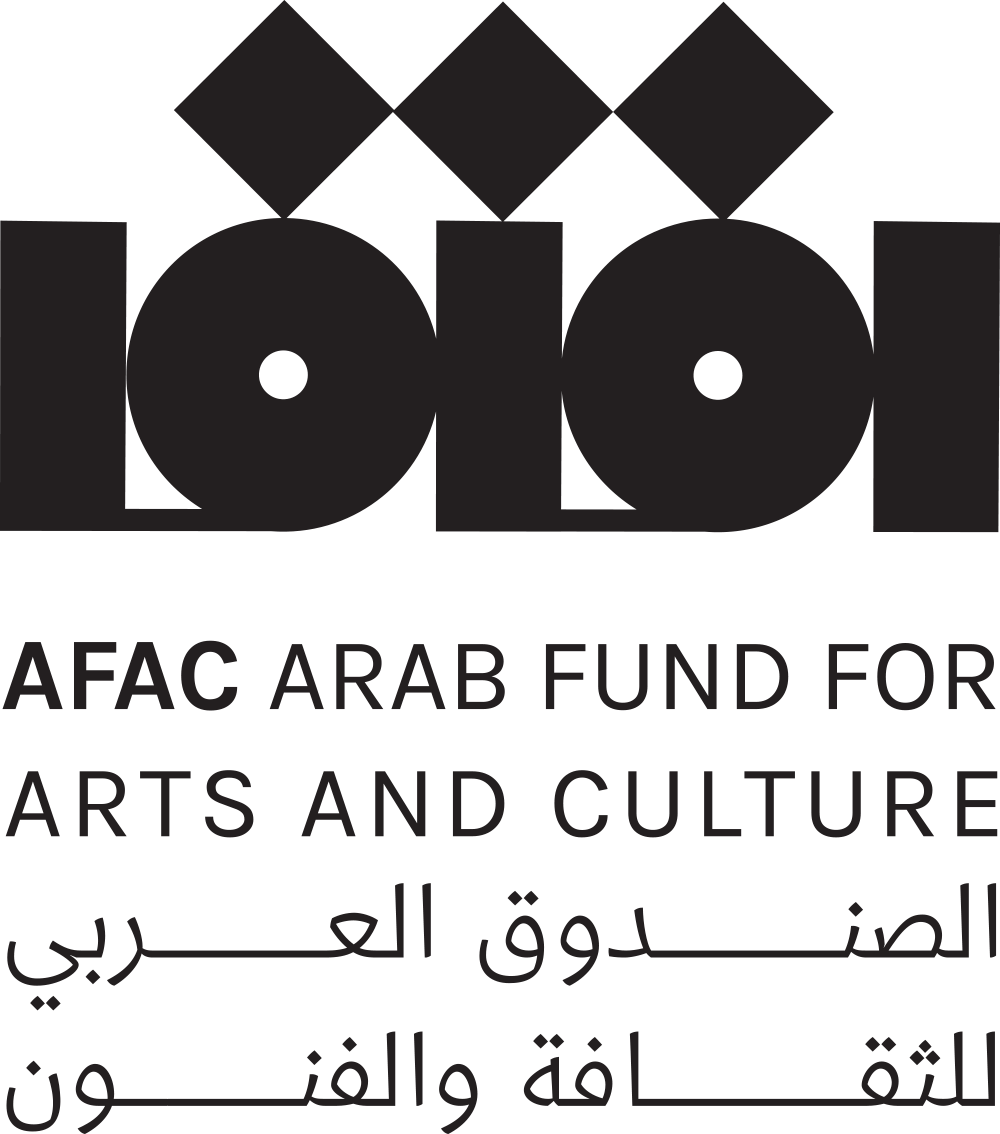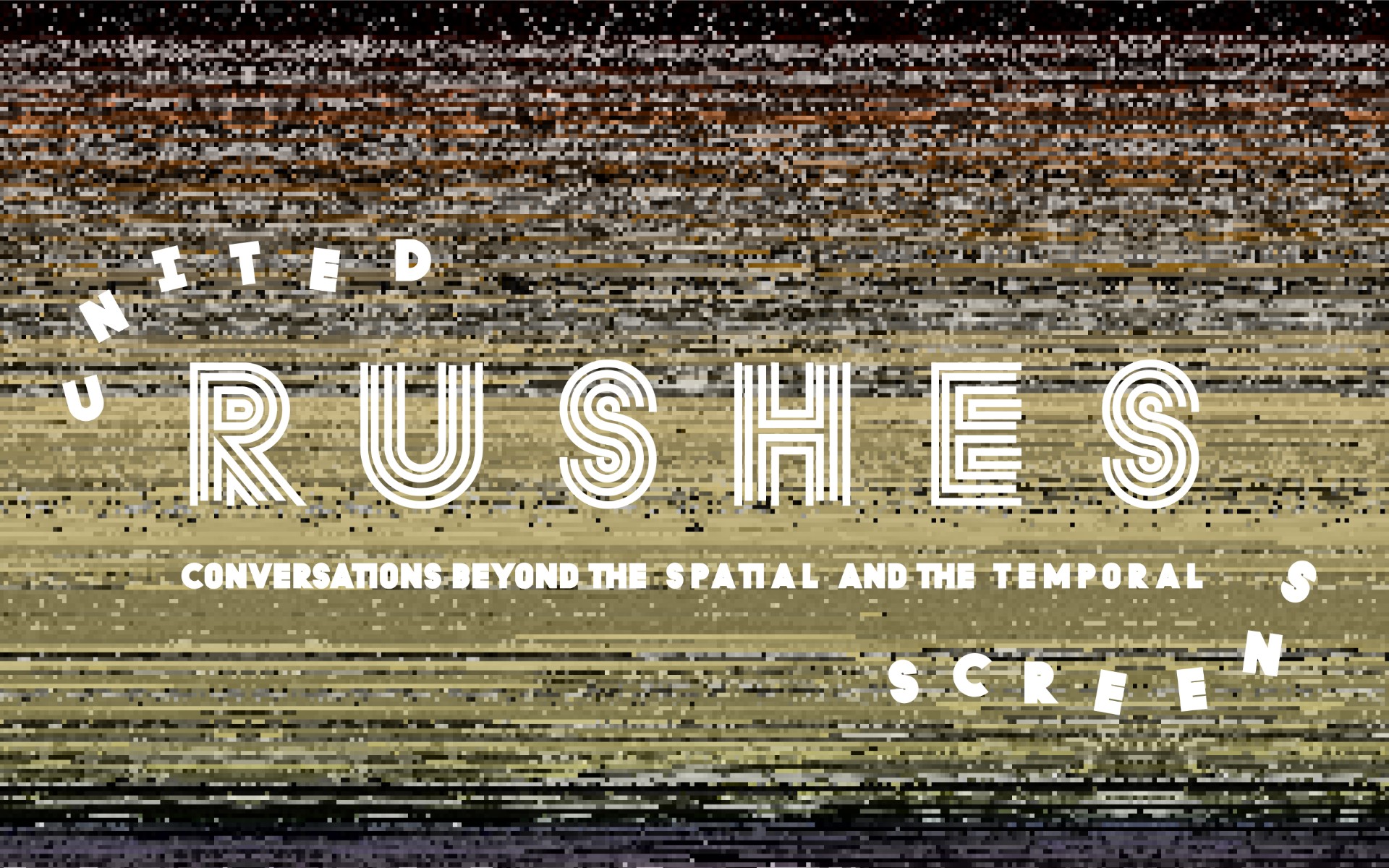Thinking About Co-immunity In Cinematic Ecosystems

United screens: Rushes #5 22.04.2021 19:00
With Rosalia Namsai Engchuan, Prashasti Wilujeng Putri, Dhuha Ramadhani and David Darmadi
Language The conversation takes place in Bahasa Indonesia and English
Organised by Arkipel – Jakarta International Documentary & Experimental Film Festival, Indonesia
ONLINE EVENT Join us on our Common Garden platform at this link: rushes5.common.garden (When entering please type any username you like and give permission to your mic if you would like to talk to other visitors)
/version in bahasa Indonesia below/
/EN
In such a time, those who struggle against domination cannot rely on the light at the end of the tunnel. They must carry with them a portable light, a light that, however shaky or weak, provides enough light to recognize the path as one’s own and to prevent fatal disasters. Such is the type of light that the epistemologies of the South propose to generate.
For the 5th iteration of RUSHES, anthropologist and filmmaker Rosalia Namsai Engchuan will be in conversation with Prashasti Wilujeng Putri, a performance artist, art manager, film festival programmer, Dhuha Ramadhani, a filmmaker and curator and from Arkipel Jakarta International Documentary and Experimental Film Festival, and David Darmadi, who is a filmmaker from the city of Padang, West Sumatera, Indonesia.
We think of this RUSHES episode as a conceptual space to valorize and explore the potentialities of community-based cinematic practices as alternative modes of collective knowledge production and dissemination. These cinematic practices are attuned with Boaventura de Sousa Santos’ call for epistemologies of the South, unfolding other ways of learning and knowing and being in the world, that performatively transcend modernity’s temporally-conceived, institutionalised, and normative divisions of (official) knowledge formation inherited from the colonial order.
We will think together through the notion of the epistemologies of the South as an imperative, desire and promise. Our conversations will start off with the genesis of an ecosystem of short film production, exhibition and circulation in Indonesia –Dhuha Ramadhani on the History of ARKIPEL and Prashasti Wilujeng Putri on the History of Indonesian Cinema– and then reflect on modes of practice that keep this ecosystem thriving.
The story of ARKIPEL is a story of becoming with technology that posits collectivity as an alternative economy of production. To borrow from NAAS, cinematic practices here are “technologies of solidarity” that refuse to run on the brute logics of neoliberal colonial accumulation and extraction, but instead harbors other desires towards a radical recognition of inter-dependency. A becoming with technology through cinematic practice other to the individualist, neoliberal instrumentalist conception of technology that has brought us environmental crisis and post-industrial disaster. From the long term and everyday experience of collective practice our discussion will refrain from romanticizing collectivity as an ideality from a distance, but critically reflect upon the questions and challenges that it poses.
Acknowledging that the current situation demands new languages to speak from and to the status quo and to ponder upon the question what and how such languages might be, we will think about the formal and aesthetic aspects of the films emerging from the ecosystem of cinematic practice in Indonesia. We invited David Darmadi, co-director of “Diary of Cattle” to share from his practice and experience of making film in the film communities ecosystem in Indonesia.
This RUSHES is an invitation to revisit the question of what cinema is – and can be – not only formally and aesthetically but also beyond the screen: from an expanded ecosystem perspective.
/Bahasa Indonesia
Merenungkan Ko-imunitas dalam Ekosistem Sinematik
Di waktu-waktu seperti ini, mereka yang melawan penguasa tidak dapat bersandar pada cahaya di ujung kegelapan. Mereka harus memegang cahayanya masing-masing. Betapapun rapuh atau lemahnya cahaya itu sudah cukup untuk membantu menerangi jalan yang mereka yakini, dan mencegah kecelakaan fatal. Cahaya seperti itulah yang ingin dinyalakan oleh epistemologi Selatan.
Untuk edisi RUSHES yang ke-5, antropolog dan pembuat film Rosalia Namsai Engchuan akan berbincang dengan Prashasti Wilujeng Putri, seorang seniman pertunjukan, manajer seni, programmer festival film; serta Dhuha Ramadhani, seorang pembuat film dan kurator serta dari Arkipel Jakarta International Documentary and Experimental Film Festival. Kami juga mengundang David Darmadi, seorang pembuat film dari kota Padang, Sumatera Barat, Indonesia untuk bergabung dalam percakapan tersebut.
Kami mencetuskan RUSHES sebagai ruang konseptual untuk menghargai dan mengeksplorasi potensi praktik sinematik berbasis komunitas sebagai mode alternatif produksi dan penyebaran pengetahuan kolektif. Praktik sinematik ini selaras dengan seruan Boaventura de Sousa Santos untuk epistemologi Selatan: membuka cara-cara untuk belajar, mengetahui, dan berada di dunia; cara-cara yang secara performatif mampu melampaui pola pembentukan pengetahuan modern (resmi) warisan tatanan kolonial yang selama ini dipahami secara temporal, dilembagakan, dan bersifat normatif.
Kami akan memikirkan gagasan epistemologi Selatan bersama-sama sebagai keharusan, hasrat dan janji. Pembicaraan kita akan dimulai dari asal mula ekosistem produksi, pameran, dan peredaran film pendek di Indonesia: (Dhuha Ramadhani tentang Sejarah ARKIPEL dan Prashasti Wilujeng Putri tentang Sejarah Sinema Indonesia) dan kemudian merefleksikan mode-mode praktik yang menjaga ekosistem ini berkembang pesat.
Kisah ARKIPEL adalah kisah “menjadi” dengan teknologi, yang menempatkan kolektivitas sebagai ekonomi alternatif produksi. Meminjam ungkapan dari NAAS, praktik sinematik di sini adalah bentuk "teknologi solidaritas" yang menolak untuk berjalan di atas logika kasar akumulasi dan ekstraksi kolonial neoliberal, namun menginginkan pengakuan radikal atas jalinan relasi yang saling bergantung. Sebuah proses “menjadi” dengan teknologi melalui praktik sinematik yang lain dari konsepsi teknologi individualis, neoliberal, dan instrumentalis yang telah menyebabkan krisis lingkungan dan bencana pasca-industri. Dari pengalaman kolektif sehari-hari yang telah berlangsung dalam jangka panjang, diskusi kami akan menghindari romantisasi kolektivitas dari kejauhan sebagai suatu idealitas, namun kami akan merefleksikan pertanyaan dan tantangan yang ditimbulkannya secara kritis.
Dengan mengakui bahwa situasi saat ini menuntut bahasa baru untuk berbicara dari dan ke status quo, dan untuk mempertanyakan seperti apa dan bagaimana bahasa tersebut muncul, kami akan memikirkan aspek formal dan estetika dalam film yang muncul dari ekosistem praktik sinematik di Indonesia. Kami mengundang David Darmadi, salah satu sutradara “Diary of Cattle” untuk berbagi pengalaman dan praktiknya membuat film dalam ekosistem komunitas film di Indonesia.
RUSHES adalah ajakan untuk meninjau kembali apa itu sinema - dan bisa menjadi seperti apakah ia - tidak hanya secara formal dan estetis tetapi juga di luar layar: dari perspektif ekosistem yang diperluas.
UNITED SCREENS is a long term research, networking and exhibition project, conceived at SAVVY Contemporary, Berlin, that intends to create a platform through which a network of community cinema programmers can be enabled to screen quality alternative cinema and video art. These films would be hosted on a de-centrally curated database of alternative cinema/video art. We are working towards a new technology-based platform to distribute independent films produced across the Global South, comprising of African and Asian continents at large, Latin America, Eastern Europe and Indian subcontinent.
Drawing from the combined spirit of the anti-neocolonial Third Cinema proposition of South America, film cooperatives of Indian subcontinent, avant-garde movements of Eastern Europe, as well as, decolonial resistances of the African continent, we at SAVVY Contemporary were inspired to look into cinema practices active in the contemporary “Global South”, and inquire into the challenges and opportunities in their transnational exhibition.
UNITED SCREENS aspires to become a decentralised, yet peer-reviewed and peer-promoted think-tank on film cultures from the Global South.
ARTISTIC DIRECTION Bonaventure Soh Bejeng Ndikung
CURATION Abhishek Nilamber, Laura Kloeckner, Juan Pablo García Sossa
MANAGEMENT Lema Sikod, Jörg-Peter Schulze, Billy Fowo
DESIGN Juan Pablo García Sossa
COMMUNICATIONs Anna Jäger
Live Stream Boiling Head Media
Rushes are organised as part of the project UNITED SCREENS: NEAR EAST, MIDDLE EAST, FAR EAST. Contemplations on Contemporary Cinema – in collaboration with Wekalet Behna (Egypt), AVEC – L'Association de Volontariats, Échange Culturel et Action des Jeunes (Tunisia), NAAS – Network of Arab Alternative Screens (Lebanon), Estación Terrena (Colombia), and others.
Support This project is generously supported by Arab Funds for Art & Culture (AFAC).


